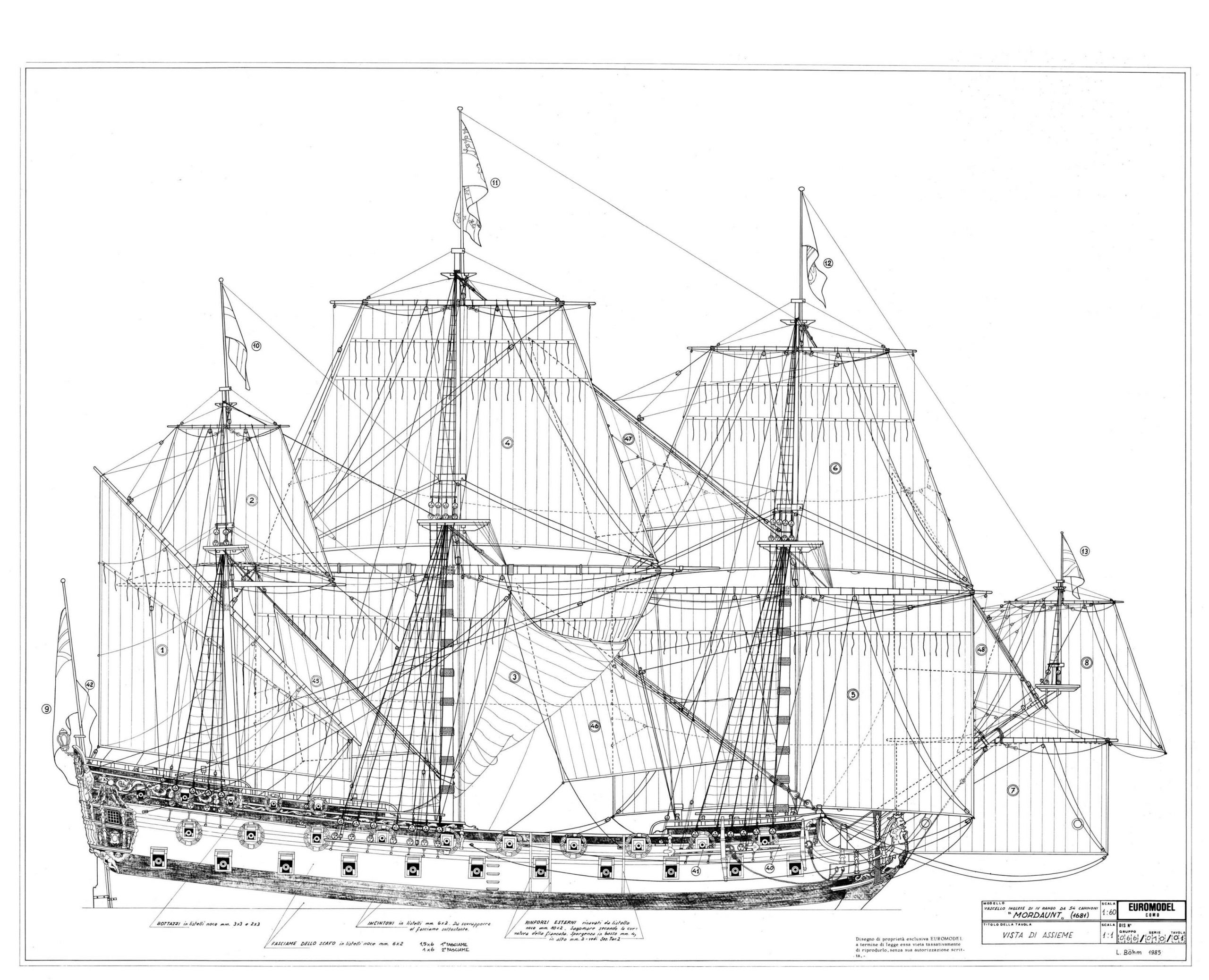
What the voyages of HMS Harwich reveal about the ‘instruments of empire’
23 April 1758
“AS ENGLAND pursued its campaigns in West Africa and the West Indies, its ships, sailors and soldiers traced the connections between the Jamaica garrison and the wider war. By their movements and actions, these instruments of empire bound the disparate regions of the Atlantic world to the slaving economy. The belligerent cruise of HMS Harwich offers a telling example,” writes Vincent Brown in his brilliant new book Tacky’s Revolt: The story of an Atlantic slave war.(1)
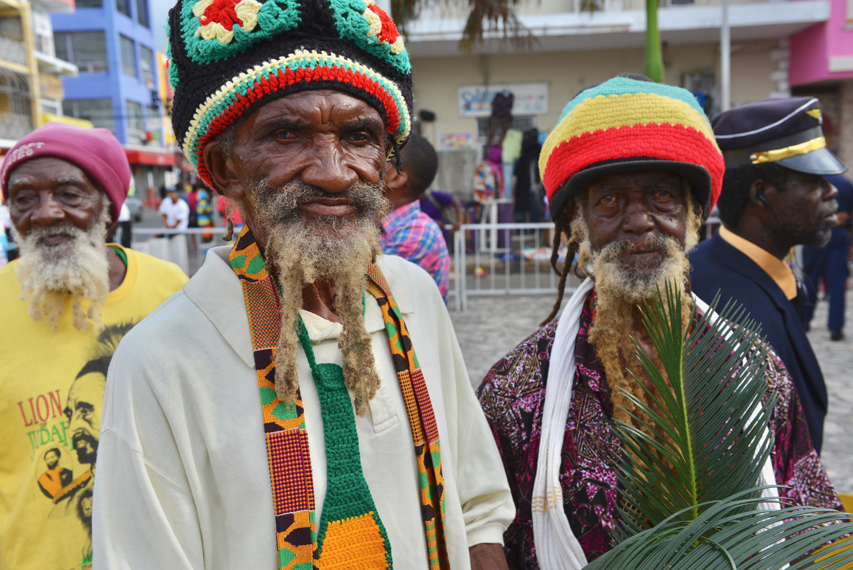
Horace Campbell on Coral Gardens, the Rastafari and Jamaican Independence
12 April 2013
THIS powerful testimony by Jamaican-born academic and writer Horace Campbell was written to commemorate the 50th anniversary of the Coral Gardens uprising. He combines his personal recollections and memories of that fateful Easter weekend with a penetrating analysis of the deep-seated causes of the conflict. He concludes by celebrating the dedicated Rastafari who continue to carry forward the messages of peace, truth and love as a holding operation until new forces emerge to fully overthrow the Babylonian system.
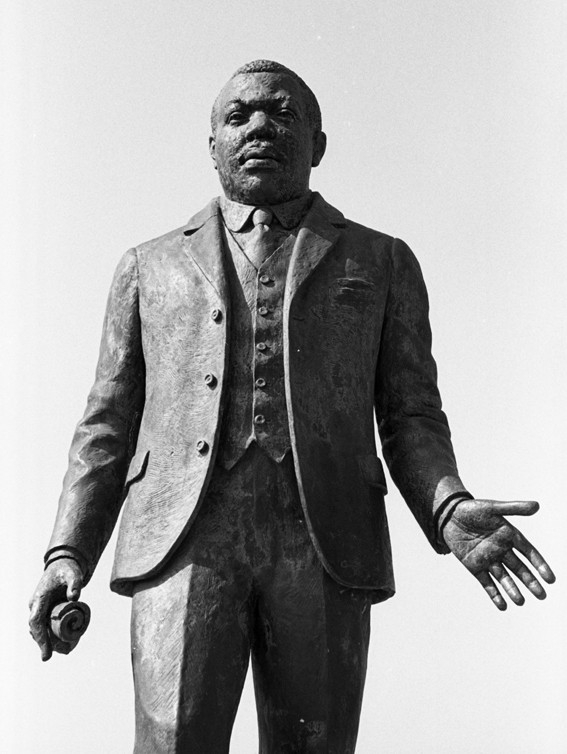
Marcus Garvey: The time has come for us to proclaim our freedom
05 April 1919
IT IS difficult to overstate the threat that Marcus Garvey and his United Negro Improvement Association posed to colonial powers and the status quo in the USA in the years following the First World War. As Garvey observes in this speech, black Americans fought for Europe’s freedom: now they were ready to fight for Africa’s freedom.
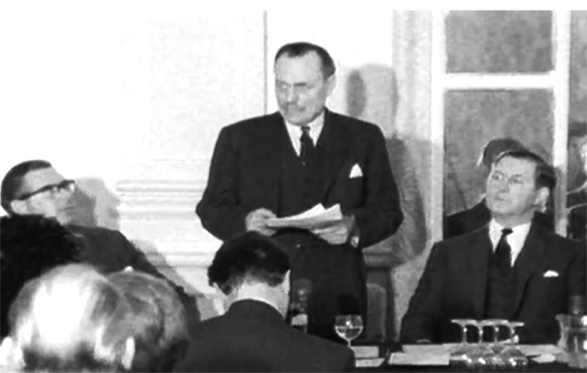
Enoch Powell’s “Rivers of Blood” speech
20 April 1968
THIS is the full text of Enoch Powell’s speech delivered to a Conservative Association meeting at the Midland Hotel (later known as The Burlington Hotel) in New Street, Birmingham on April 20, 1968. The speech, criticising Commonwealth immigration and anti-discrimination legislation, was made prior to the second reading of the Labour government’s Race Relations Bill 1968. While Powell did not consider himself a racist, The Economist claimed in an editorial on the 50th anniversary of the speech that his rhetoric had a “lasting and malign effect … on the way in which race and migration are discussed, or not discussed.”
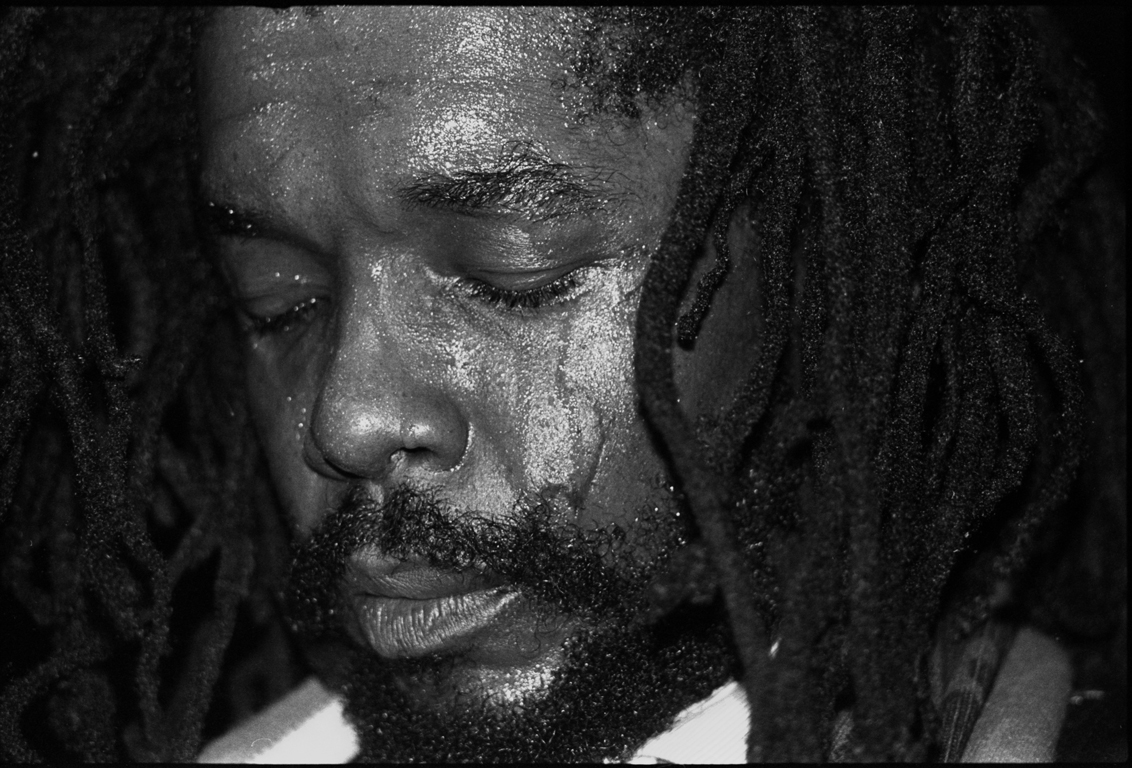
Peter Tosh at the One Love Peace Concert: the same Bucky Massa business
22 April 1978
THE ONE LOVE Peace Concert was an attempt to bring an end to the political civil war in Jamaica caused by rival gangs supporting the two major political parties – the JLP and the PNP. More than 35,000 people crowded into Kingston’s National Stadium to hear 16 of the country’s top reggae acts. The evening culminated in Bob Marley’s performance when he forced rival leaders Michael Manley and Edward Seaga to join hands. Although this act grabbed most of the headlines at the time, many people believe it was Peter Tosh who made the most memorable contribution to the evening.
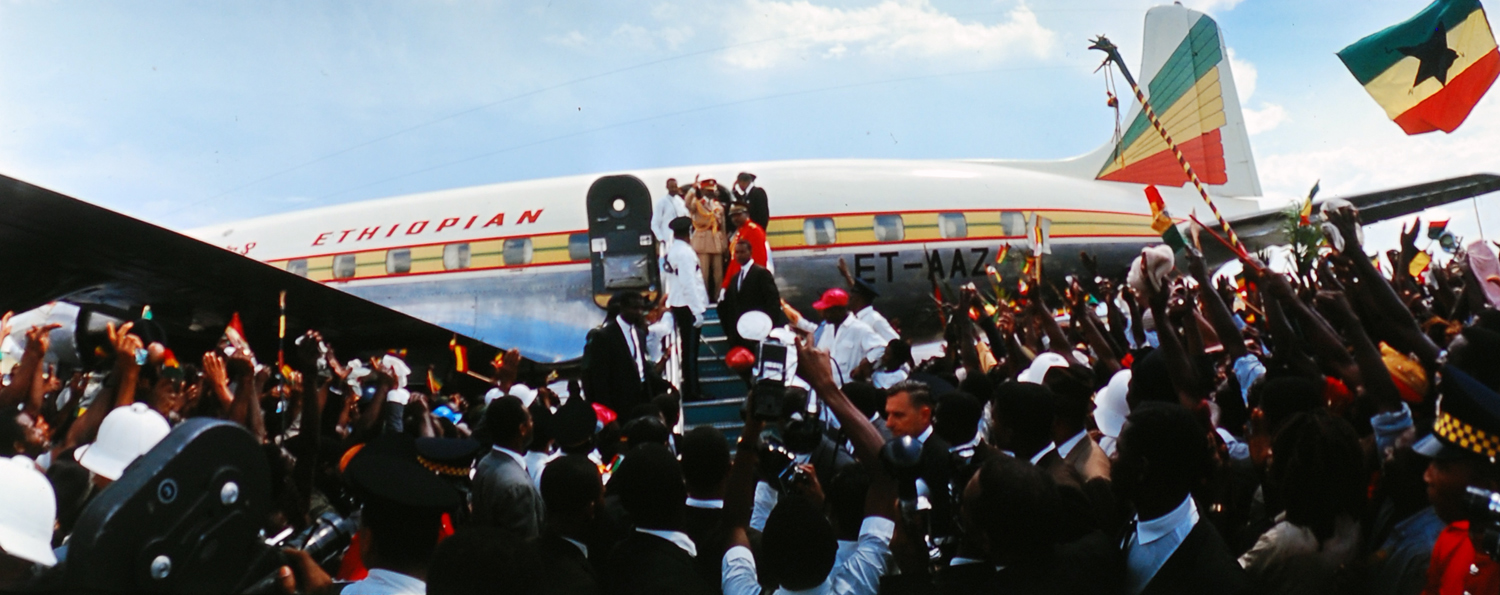
Haile Selassie visits Jamaica
21 April 1966
DAVID KATZ – author, DJ and reggae historian – describes the Ethiopian leader’s historic 1966 visit to Jamaica and the profound impact it had on the development of music on the island.
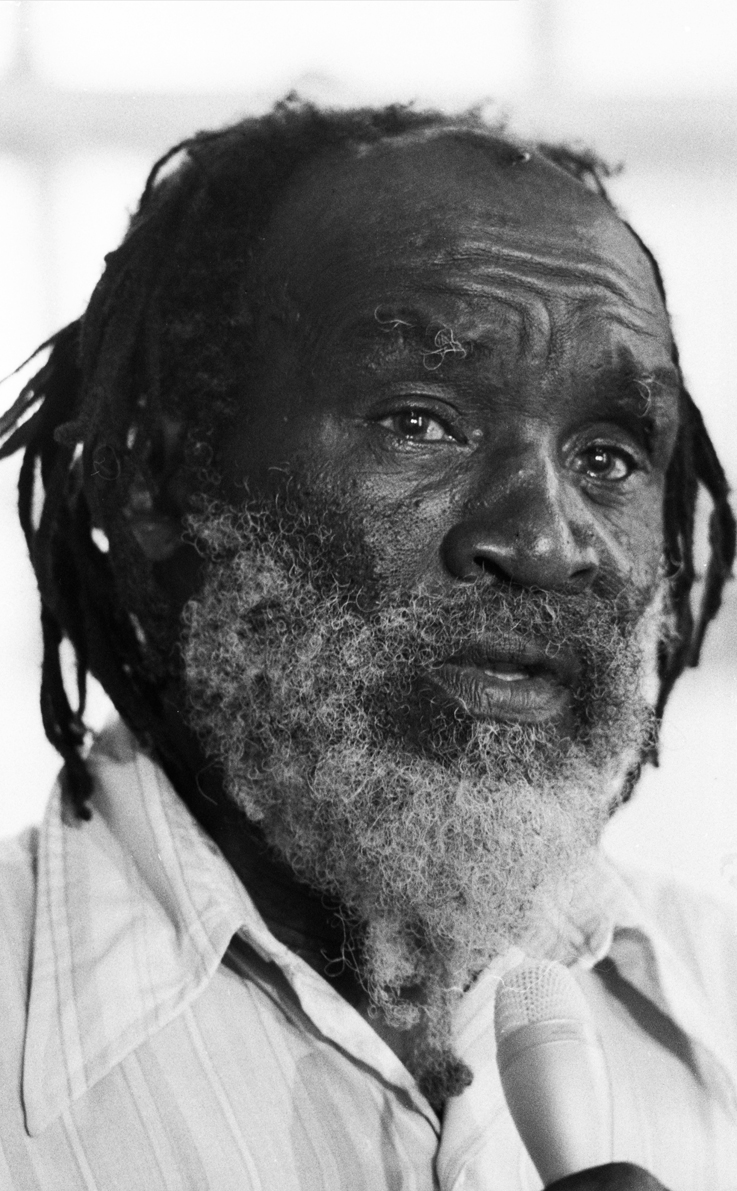
Treatise on the Rastafarian Movement by Ras Sam Brown
01 April 1966
RAS SAM BROWN was one of the first Rastafari to publish a manifesto summarising the beliefs of the movement. He first came to public attention during the 1961 election campaign in Jamaica when he formed his Suffering People’s Party. Although he was not widely supported because many Rastas declined to be involved in ‘Politricks’, his influence was widespread and Leonard Barrett’s pioneering 1977 study of the movement, The Rastafarians, relied heavily on interviews with Brown.
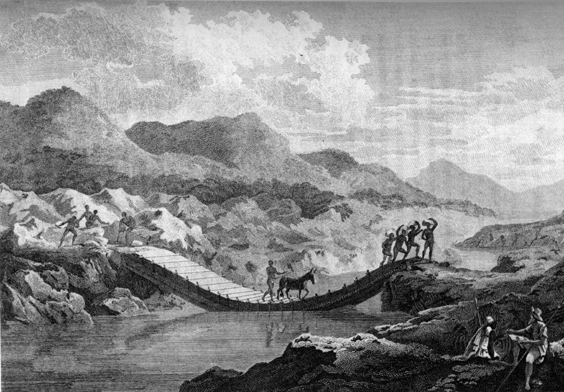
Mungo Park: Travelling with the slave coffle
19 April 1797
IN THIS excerpt from Travels in the Interior of Africa, Mungo Park describes the composition of a slave coffle, which includes merchants, free men, their wives and domestic slaves, a schoolmaster, thirty five slaves for sale, and six Jilli keas – singing men – who served to keep spirits up as well as entertaining hosts along the route.
